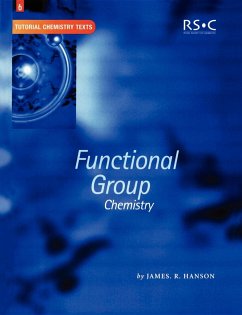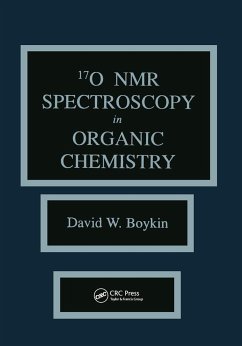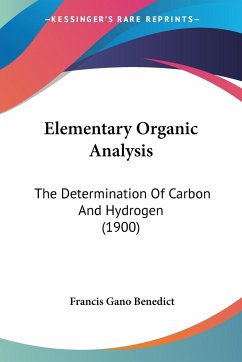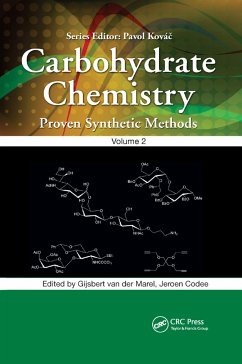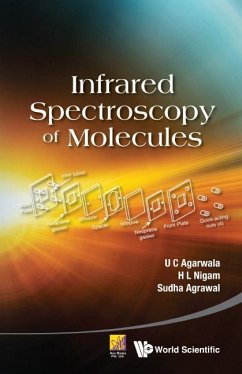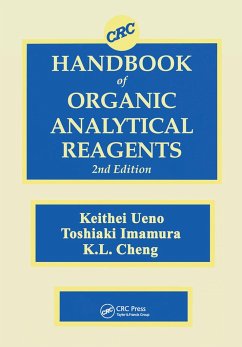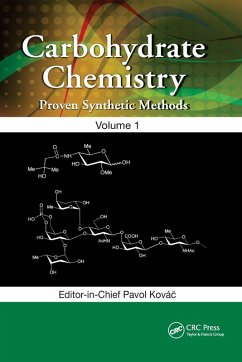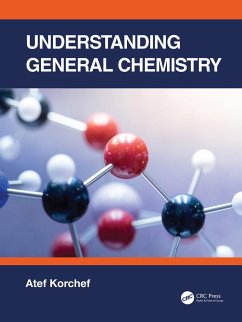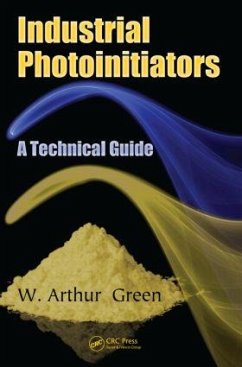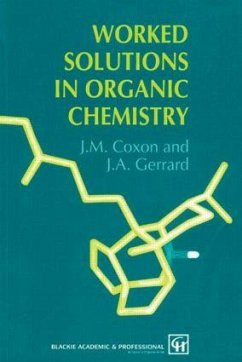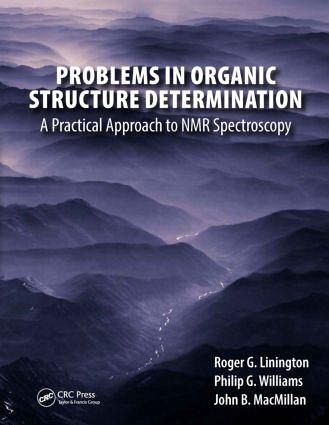
Problems in Organic Structure Determination
A Practical Approach to NMR Spectroscopy
Versandkostenfrei!
Versandfertig in über 4 Wochen
184,99 €
inkl. MwSt.

PAYBACK Punkte
92 °P sammeln!
At a point where most introductory organic chemistry texts end, this problems-based workbook picks up the thread to lead students through a graduated set of 120 problems. With extensive detailed spectral data, it contains a variety of problems designed by renowned authors to develop proficiency in organic structure determination. It presents a concept-based learning platform, introducing key concepts sequentially and reinforcing them with problems that exemplify the complexities and underlying principles that govern each concept.



